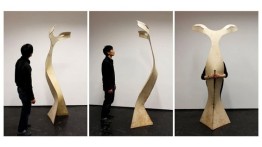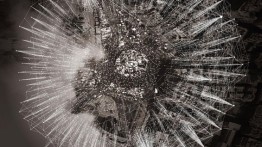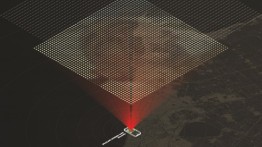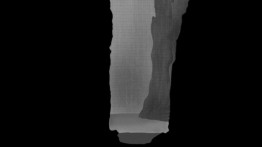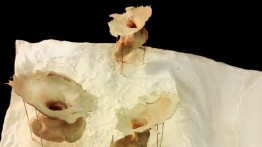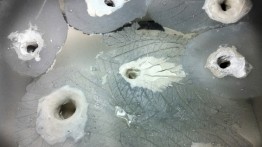The Critical Moment: Architecture in the Expanded Field, MArch II Advanced Design Studio – Thesis 2012
Wed, Sep 12, 12am - Fri, Sep 21, 2012 12am
This is a critical moment for the re-thinking of the object of architecture, approaching architectural discourse critically; questioning the very boundaries of Architecture itself.
The innovative and visionary work produced in the Advanced Design Studio, while exploring specific problems, simultaneously addresses the question of the place and relevance of the problem in architectural discourse.
Without prescribed boundaries, the projects address a myriad of critical issues affecting architectural discourse, ranging from urban theory to the present condition of globalization and the continual emergence of new scientific developments and technologies. The exhibition illuminates the graduates’ year-long exhaustive research using text, photography, drawing, technology, science and history to develop innovative programs, all of which feature configurations and narratives that bring forth potential solutions that may not be obvious to the viewer.
Professor of the Advanced Design Studio: Diana Agrest
Opening Reception: Wednesday, September 12th at 6:30pm
Gallery Hours: Tuesday – Saturday 12-7pm, Gallery Closed: Sunday and Monday
Located in the Arthur A. Houghton Jr. Gallery, 7 East 7th Street, 2nd Floor, between Third and Fourth Avenues

